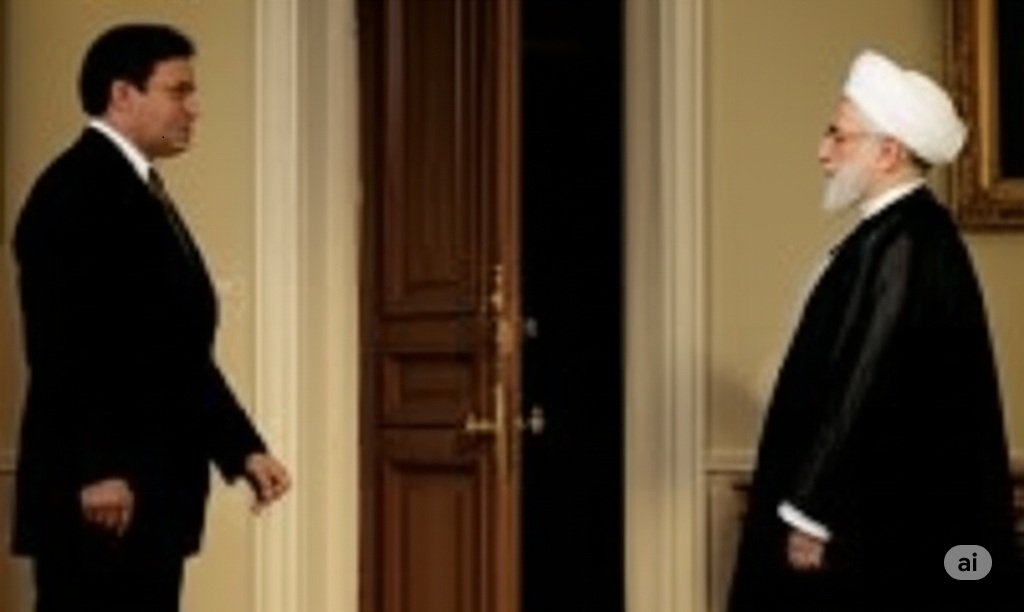Iran declares nuclear talks with the US “meaningless,” citing US support for Israel. What does this mean for the Middle East and international diplomacy?
In a move that will likely reverberate across the international stage, Iran has declared that engaging in further nuclear talks with the United States is currently “meaningless.” This firm stance, communicated through official channels, signals a deepening chasm between the two nations and casts a shadow over any immediate prospects for de-escalation in the region.
This development arrives at a particularly sensitive time, with ongoing tensions in the Middle East already a significant concern for global stability. Iran’s reasoning for this decision points directly to Washington’s unwavering support for Israel, a long-standing point of contention in their relationship.
The Stated Reasons Behind Iran’s Decision
According to reports, Iranian officials have articulated their position clearly: they view the continued backing of Israel by the United States as a fundamental obstacle to any productive dialogue. This support, in Iran’s view, effectively undermines any potential for good-faith negotiations.
Key points highlighted include:
- The perception that the U.S. is not an impartial actor.
- Frustration over the lack of perceived progress in previous discussions.
- A belief that the current political climate is not conducive to meaningful outcomes.
This hardening of Iran’s position raises serious questions about the future of nuclear diplomacy and the broader implications for regional security.
Implications for the United States and the International Community
For the United States, this announcement presents a significant foreign policy challenge. The Biden administration has previously expressed a willingness to re-engage in nuclear talks, aiming to curb Iran’s nuclear ambitions through diplomatic means. This latest development suggests a need to reassess strategies and explore alternative pathways to address these concerns.
The international community, particularly those nations invested in Middle East stability and nuclear non-proliferation, will undoubtedly be watching these developments with concern. The breakdown of direct talks between the U.S. and Iran could potentially lead to increased regional instability and further complicate efforts to address other pressing issues.
What Lies Ahead?
The immediate future remains uncertain. While Iran has seemingly closed the door on direct nuclear talks with the U.S. for now, the possibility of indirect discussions or alternative diplomatic channels remains open. However, the current rhetoric suggests a significant hurdle to overcome.
Moving forward, understanding the underlying motivations and concerns of all parties involved will be crucial. Finding a path towards de-escalation and ensuring regional security will require a concerted effort and a willingness to explore new approaches in a complex and evolving geopolitical landscape.
Stay tuned for further analysis and updates on this developing situation.











